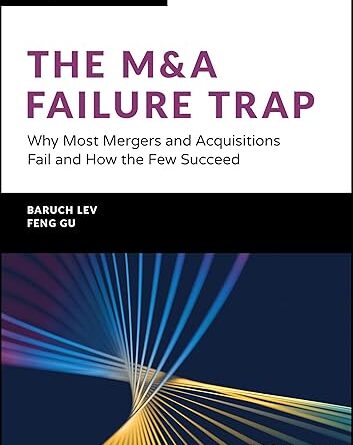
New Year, New Investments
Many of us have crawled into 2024 with a sense of cautious optimism that the mental battering we all took in 2023 won’t repeat itself. While that may yet be a difficult feat during a US presidential election year, the long-foretold US recession has failed to materialize, and the market seems to have more clarity around interest rates. So, many of us are positioning ourselves for new opportunities in a bright new year.
In wealth management, 2024 has brought renewed enthusiasm for alternative investments. The beauty — and complexity — of alternatives is that they encompass so much, from art to real estate to private equity. For wealth managers, this can present challenges in terms of how we best serve our clients. Nevertheless, as private markets and alternative assets become more democratized and accessible, our clients are increasingly intrigued by them. Indeed, in its “2023 World Wealth Report,” Capgemini recommended wealth managers strengthen their focus on alternative investments to meet evolving client tastes amid a more competitive outlook.
“At the end of the day, we believe that most clients who have a multiple decade investment horizon can tolerate about 30% in alternatives,” Daniel Scansaroli, head of portfolio strategy at the CIO Americas office of UBS, told Barron’s.
Five Arguments for Alternatives
1. Diversification Matters
We emphasize this principle with clients all the time. A diversified portfolio is a resilient one, and alternatives are among the best diversifiers out there. As our clients look for better returns and new types of investments, alternatives could offer them something they may not have considered before or been too timid to try.
2. Massive Potential
Despite the growing curiosity around them, alternatives still only made up 14.5% of client assets in 2022. Only one in three wealth management executives plan to add more alternative products to their portfolios. Such modest numbers show real room for growth, particularly if wealthy individuals seek to emulate their counterparts in endowments and family offices. Large endowments, for instance, have about 60% of their assets in alternatives.
3. Wealth ≠ Financial Savvy
Our clients may have money to invest, but they don’t always know how or where to invest it. That’s where we come in. The role of a wealth manager is never more important than when clients are looking for the market outliers and the new opportunities. Alternative investments have unique benefits, but they also have distinct complications — tax considerations, etc. — that wealth managers must be ready to navigate for and with our clients.
4. Clients May Own Alternatives and Not Know It
What constitutes an investment isn’t always obvious, and the guiding hand of a financial adviser can highlight the low hanging fruit. While clients may own or want to own art, shoes, jewelry, and other collectibles, they may not realize the role such items can play in their portfolios.
Take the legendary Hermes Birkin luxury purse. They are incredibly expensive, but they can also appreciate in value. The annualized returns on a Birkin, which vary based on material, size, and scarcity, average 5.7%, according to a 2020 Deloitte report.
5. Digital Is in Demand
Wealth management firms have been understandably cautious about digital assets given their general lack of transparency and changing regulatory landscape. But investors — especially younger one and those in Asian markets — are enthusiastic about digital options. Despite their volatility, cryptocurrencies remain the most popular digital asset and, like the alternatives sector more broadly, represent a rapidly expanding market.
Wealth managers who can offer clients insights and options in the digital space can start to differentiate themselves from the competition.
Wealth managers can continue to focus on their traditional strengths while also searching out the latest investing innovations and capitalizing on them for our clients. The instability and uncertainty of recent years demonstrate how vital it is to look beyond traditional securities and embrace a flexible mindset.
For wealth managers, alternative investments are ripe with opportunity and, through thoughtful allocations, can help us navigate market challenges as they arise.
If you liked this post, don’t forget to subscribe to Enterprising Investor and the CFA Institute Research and Policy Center.
All posts are the opinion of the author. As such, they should not be construed as investment advice, nor do the opinions expressed necessarily reflect the views of CFA Institute or the author’s employer.
Image credit: ©Getty Images / Steven Puetzer
Professional Learning for CFA Institute Members
CFA Institute members are empowered to self-determine and self-report professional learning (PL) credits earned, including content on Enterprising Investor. Members can record credits easily using their online PL tracker.









